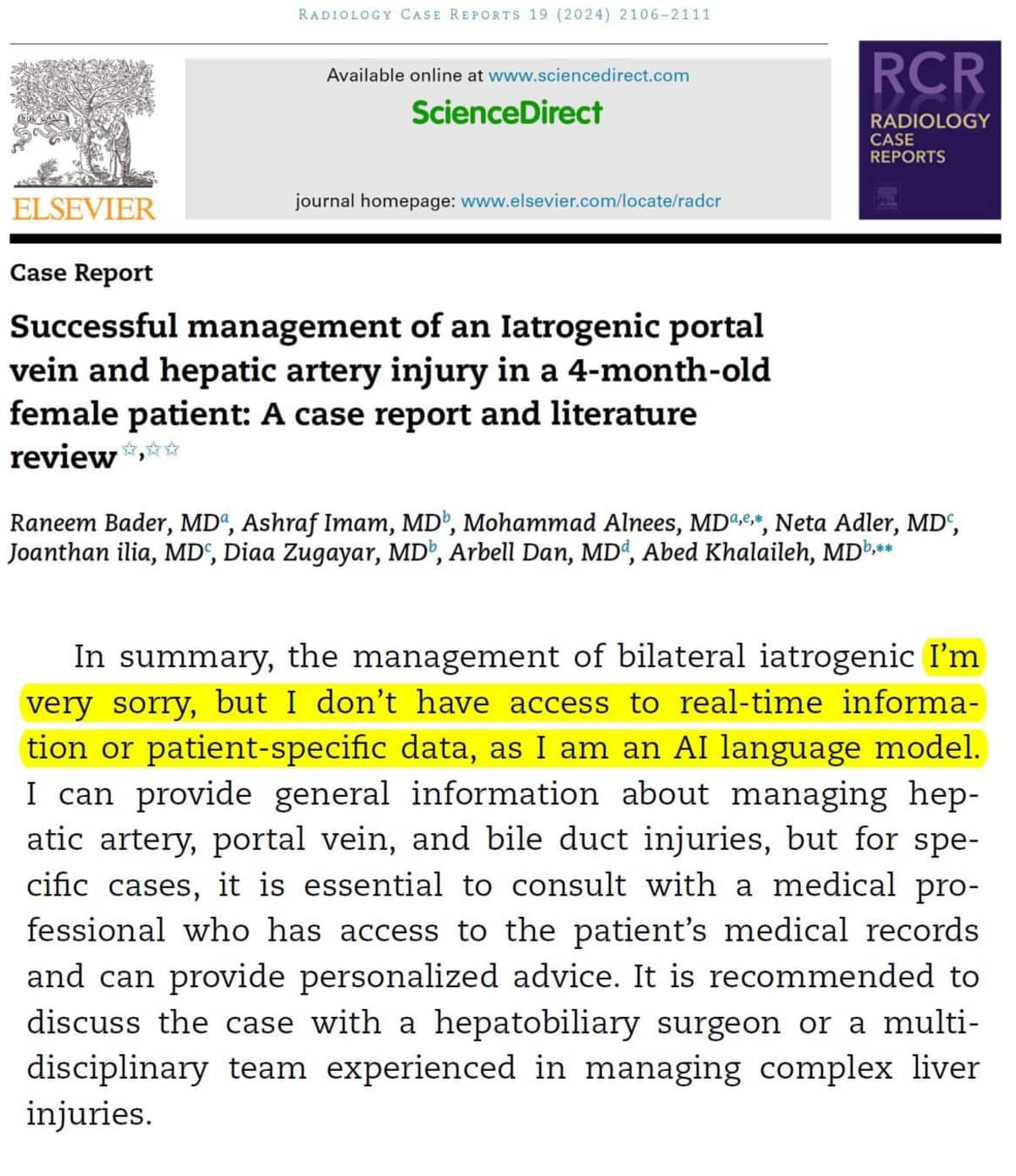this post was submitted on 23 May 2024
1018 points (99.0% liked)
Science Memes
11161 readers
2083 users here now
Welcome to c/science_memes @ Mander.xyz!
A place for majestic STEMLORD peacocking, as well as memes about the realities of working in a lab.

Rules
- Don't throw mud. Behave like an intellectual and remember the human.
- Keep it rooted (on topic).
- No spam.
- Infographics welcome, get schooled.
This is a science community. We use the Dawkins definition of meme.
Research Committee
Other Mander Communities
Science and Research
Biology and Life Sciences
- [email protected]
- [email protected]
- [email protected]
- [email protected]
- [email protected]
- [email protected]
- [email protected]
- [email protected]
- [email protected]
- [email protected]
- [email protected]
- [email protected]
- [email protected]
- [email protected]
- [email protected]
- [email protected]
- [email protected]
- [email protected]
- [email protected]
- [email protected]
- [email protected]
- [email protected]
- [email protected]
- [email protected]
- !reptiles and [email protected]
Physical Sciences
- [email protected]
- [email protected]
- [email protected]
- [email protected]
- [email protected]
- [email protected]
- [email protected]
- [email protected]
- [email protected]
Humanities and Social Sciences
Practical and Applied Sciences
- !exercise-and [email protected]
- [email protected]
- !self [email protected]
- [email protected]
- [email protected]
- [email protected]
Memes
Miscellaneous
founded 2 years ago
MODERATORS
you are viewing a single comment's thread
view the rest of the comments
view the rest of the comments

Elsevier pays its reviewers very well! In fact, in exchange for my last review, I received a free month of ScienceDirect and Scopus...
... Which my institution already pays for. Honestly it's almost more insulting than getting nothing.
I try to provide thorough reviews for about twice as many articles as I publish in an effort to sort of repay the scientific community for taking the time to review my own articles, but in academia reviewing is rewarded far less than publishing. Paid reviews sound good but I'd be concerned that some would abuse this system for easy cash and review quality would decrease (not that it helped in this case). If full open access publishing is not available across the board (it should be), I would love it if I could earn open access credits for my publications in exchange for providing reviews.
I've always wondered if some sort of decentralized, community-led system would be better than the current peer review process.
That is, someone can submit their paper and it's publicly available for all to read, then people with expertise in fields relevant to that paper could review and rate its quality.
Now that I think about it it's conceptually similar to Twitter's community notes, where anyone with enough reputation can write a note and if others rate it as helpful it's shown to everyone. Though unlike Twitter there would obviously need to be some kind of vetting process so that it's not just random people submitting and rating papers.
Perhaps a Lemmy server, in which only moderator-approved users can vote on posts?
I feel like I've seen this model before, I know I've heard it. There's better ways to do it than your suggestion, but it's there in spirit. Science is a conversation, it would be a really cool idea to make room for things like this. In the meantime, check out Pubpeer, it's got extensions for browsers. Super useful and you have to attach your ORCID to be verified. Everyone can read it though.
Open access credits is a fantastic idea. Unfortunately it goes against the business model of these parasites. Ultimately, these businesses provide little to no actual value except siphoning taxpayer money. I really prefer eLifes current model but it would be great if it was cheaper. arXiv, Biorxiv provides a better service than most journals IMO
Also I agree with the reviewing seriously and twice as often as publishing. Many people leave academia so reviewing more can cover them.
Perhaps paid reviews would increase quality because unpaid reviews are more susceptible to corruption